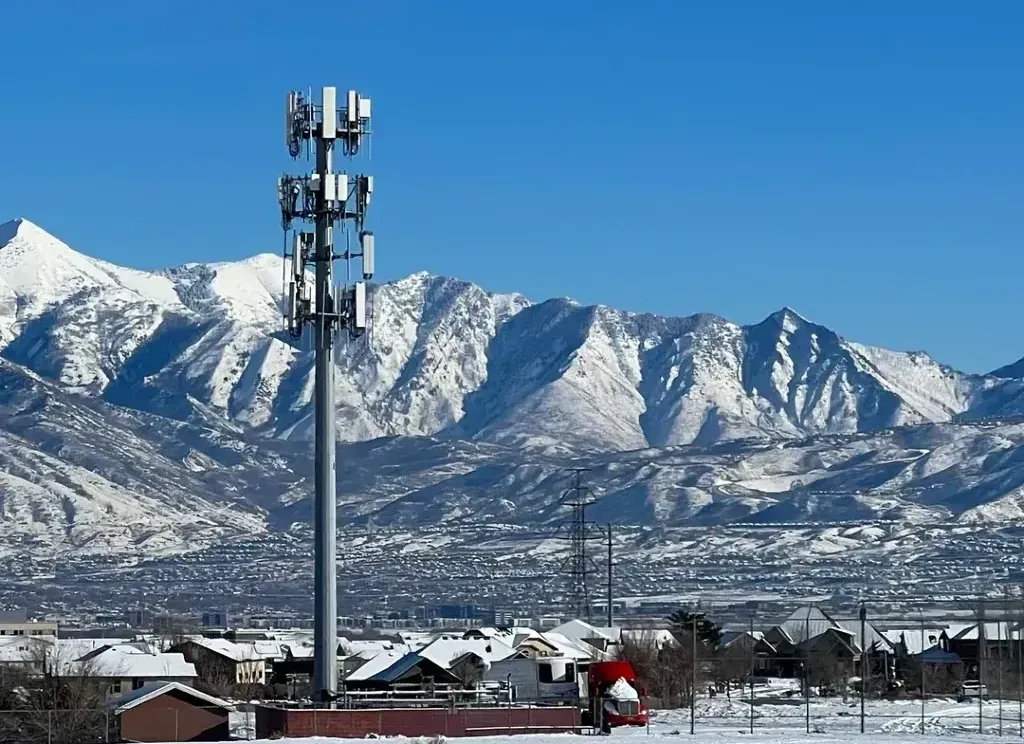WASHINGTON, July 31, 2025 – Analysis of Colorado’s ‘Benefit of the Bargain’ broadband funding round to reallocate the state’s $826.5 million in federal Broadband Equity, Access, and Deployment funds revealed a sharp drop in fiber deployment proposals.
Fiber applicants, once the majority, fell from 64 percent of total applications to just 40 percent in the revised round. The number of locations targeted to be served by fiber technology also sharply decreased, dropping from 80,000 locations to 35,000.
According to Colorado Broadband Office data, fixed wireless applicants now make up the largest share of total applications, rising from 36 percent to 54 percent under the revised rules. However, their combined coverage area shrunk, with targeted locations dropping from 21,000 to 15,000.
Despite making up just 4.5 percent of total applications in Colorado’s ‘Benefit of the Bargain’ round, satellite providers proposed to serve 104,000 locations – nearly triple their original 35,000 location footprint under the initial BEAD rules.
One notable change in the revised round was the appearance of unlicensed fixed wireless, which was entirely absent in the original bidding phase. In the new round, unlicensed wireless providers represented 1.5 percent of total applications and proposed to serve 11,000 locations.
According to the CBO, fixed-wireless companies asked for $60 million, while satellite companies requested $363 million, and fiber internet companies requested $464 million.
Prior to the June 6 rule change put forth by the National Telecommunications and Information Administration, 185 Internet providers applied for BEAD funding, requesting a total of $2.6 billion.
Now, after the state’s ‘Benefit of the Bargain’ round, which closed applications on July 21, there were 136 applicants asking for a total of $1.16 billion.
New BEAD rules push some Colorado providers away from fiber
Bill Blackford, general manager of FTI WIFI, told the Colorado Sun that his company initially pursued a hybrid fiber and wireless plan for areas north of Cortez. But after the revised BEAD rules, they cut fiber components and dropped some locations claimed by competitors to bring down project costs by $3 million.
“We did take out some of the fiber sections… because ultimately… the cheaper projects are more likely to get funded,” Blackford told the Colorado Sun.
While FTI avoided using unlicensed fixed wireless, which Blackford called a substandard service, he warned that other providers might not.

